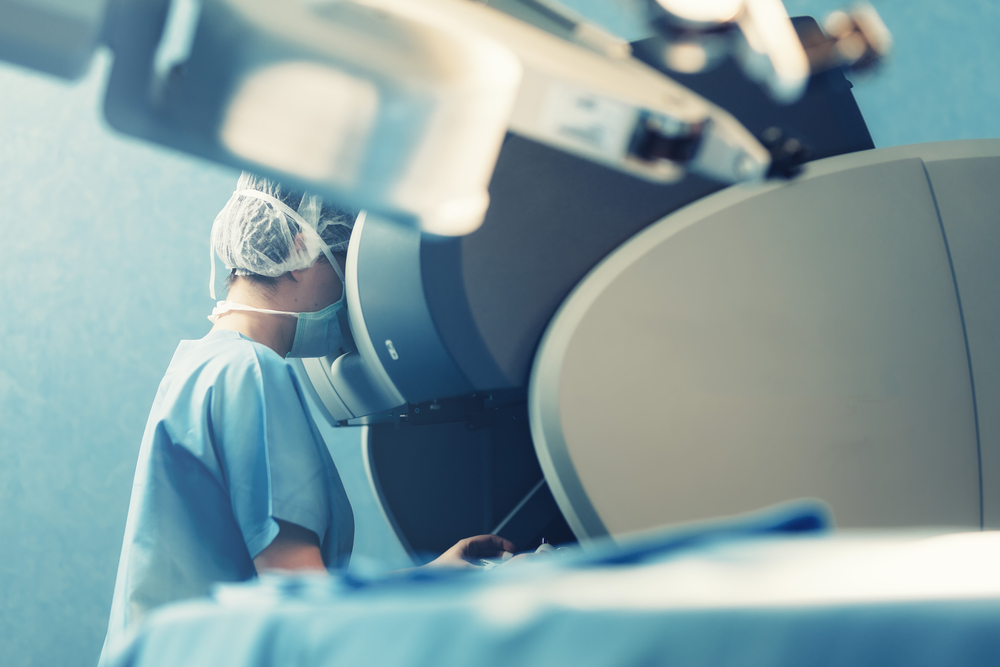TWO hospitals in Sydney’s west have joined forces to offer leading new technology to local breast cancer patients.

Strathfield Private Hospital recently invested in a new SCOUT system, designed to improve breast cancer surgery accuracy and outcomes. To ensure as many patients as possible have access to the leading technology, the SCOUT system will be shared with fellow Ramsay Health Care facility, Westmead Private Hospital.
Strathfield Private Hospital CEO Rowann O’Mullane said she hoped the new technology would make treatment a little easier for patients with breast cancer.
“I’m so pleased to be able to offer the local community access to this technology, at our hospital and nearby Westmead Private Hospital,” Ms O’Mullane said.
“Ramsay Health Care is committed to offering Australians access to leading private health care, including leading technology options designed to improve their experience and outcomes.
“As Australia’s largest private hospital operator, Ramsay is well-placed to share resources to ensure as many Australians as possible can benefit from technology like this.”
The new, wireless system is designed to help a surgeon precisely locate tumours during surgery by using a tiny device, the size of a grain of rice, called a reflector. The reflector identifies a tumour’s location, guiding a surgeon on the shortest route for removal.
Westmead Private Hospital breast surgeon Associate Professor Farid Meybodi said this advanced technology significantly enhances the standard of care on offer.
“I feel incredibly privileged to offer procedures using the SCOUT Radar Localisation system to my patients,” A/Prof Meybodi said.
“The wire-free approach allows more flexibility in surgical planning and execution and aligns with our commitment to adopting innovative technologies designed to improve surgical outcomes and patient experiences.
“The precision of the SCOUT System helps ensure complete removal of the lesion the first time, reducing the need for reoperations.”
The use of the new, wireless system replaces the traditional method of location using a wire placed during an additional procedure prior to surgery.
“SCOUT eliminates the discomfort and inconvenience of inserting a wire on the day of surgery. This not only reduces the physical discomfort for the patient but also lessens pre-operative anxiety,” he said.
“One of the most significant sources of stress for patients facing surgery is the anticipation and preparation for multiple interventions on the day of their operation. The SCOUT system alleviates this by reducing the need for pre-surgical localisation.
“Also, because the reflector can be placed even a few days or months before surgery, it offers more flexibility in scheduling the surgery at a time that is most convenient for the patient, rather than coordinating multiple procedures tightly around the placement of a wire. This flexibility can significantly ease the logistical burden on patients.”
The new system can also be used for removal of non-cancerous breast abnormalities. The SCOUT system was first used in the USA and has been used for more than half a million procedures worldwide.
